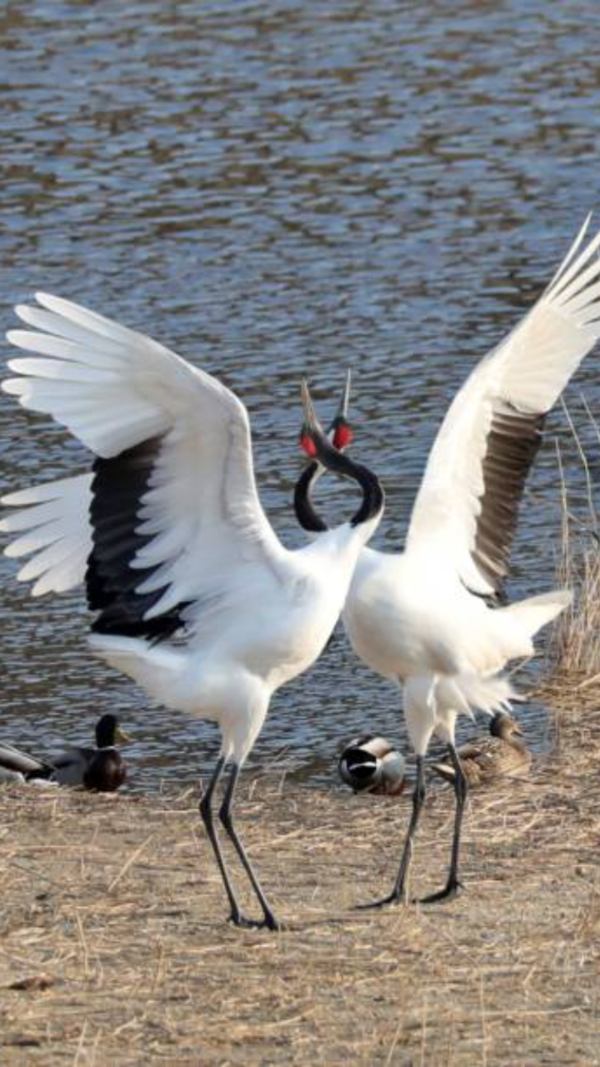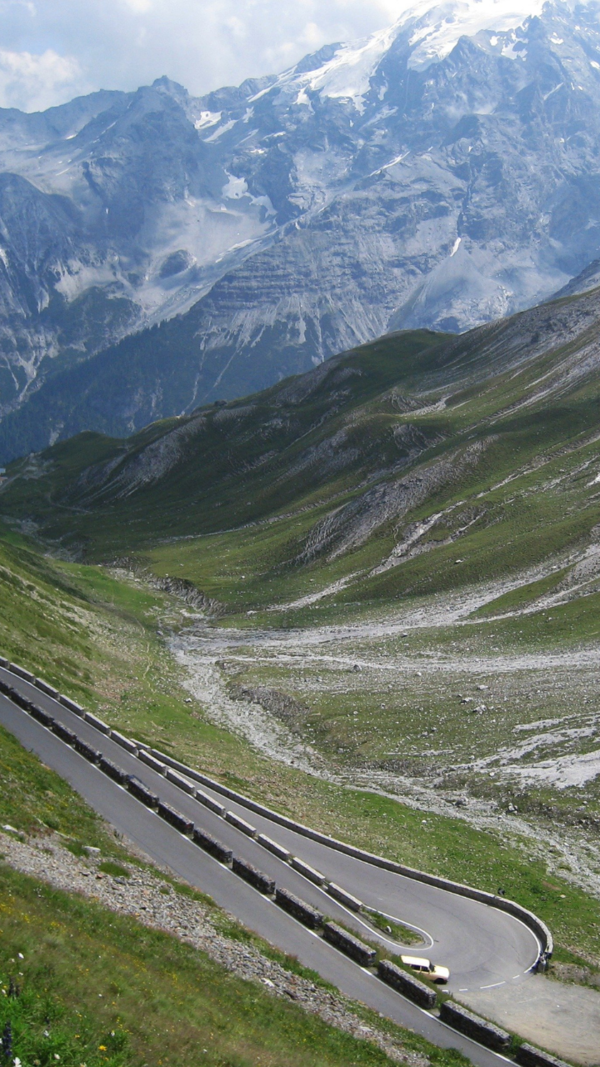- News
- City News
- bengaluru News
- SC sub-castes in survey new headache for Siddaramaiah
Trending
SC sub-castes in survey new headache for Siddaramaiah
BENGALURU: The leaked socio-economic and educational survey that enumerated castes or communities in Karnataka has created fresh headaches for the state govt, which is contemplating the extent of internal reservation for sub-castes under the scheduled castes (SCs).
From 6 in the 1950s, the number of recognised sub-castes under the category rose to 101 in the state as per the govt's published data. Now a whopping 182 sub-castes listed under the category in the leaked survey may create more headaches than provide solutions to the govt.
You Can Also Check: Bengaluru AQI | Weather in Bengaluru | Bank Holidays in Bengaluru | Public Holidays in Bengaluru
"The biggest concern for SCs is not the lack of numerical strength, but the extent of internal reservation which will be accorded," said a minister, citing the huge number of sub-castes listed in the survey.
While some of the 182 sub-castes have been attributed to enumerators listing them separately despite the names being synonyms, some others have been considered as smaller groups formed by the "roll of their tongue." According to Dalit leaders, the biggest error which occurred in the enumeration of SCs is that they considered the sub-sects as sub-castes.
"When the enumerators went to the field, people (respondents) said they were of particular sub-sects. But the report considers them as sub-castes. There is a huge difference in the meaning of the two. And this has not happened only among SCs but across all castes and communities. But as far as we can tell, there has been no addition of fresh or new castes under the SCs," said Dalit leader Indhudhar Honnapura.
According to the DSS leader, the situation will be resolved once the communities associate themselves with the larger sub-castes like Madigas, Holeyas, Korma, Korcha, Lambani and Bhovi. On the flipside, the Dalit communities may now seek a higher reservation citing their numerical strength of sub-groups, which has risen from 101, up until recently to 182.
"We have been demanding a proportionate reservation, and the large numerical strength gives us the advantage in this situation but faces a stiff challenge from the dominant Lingayats and Vokkaliga communities," said Honnapura.

About the Author
Sandeep MoudgalEnd of Article
Follow Us On Social Media








